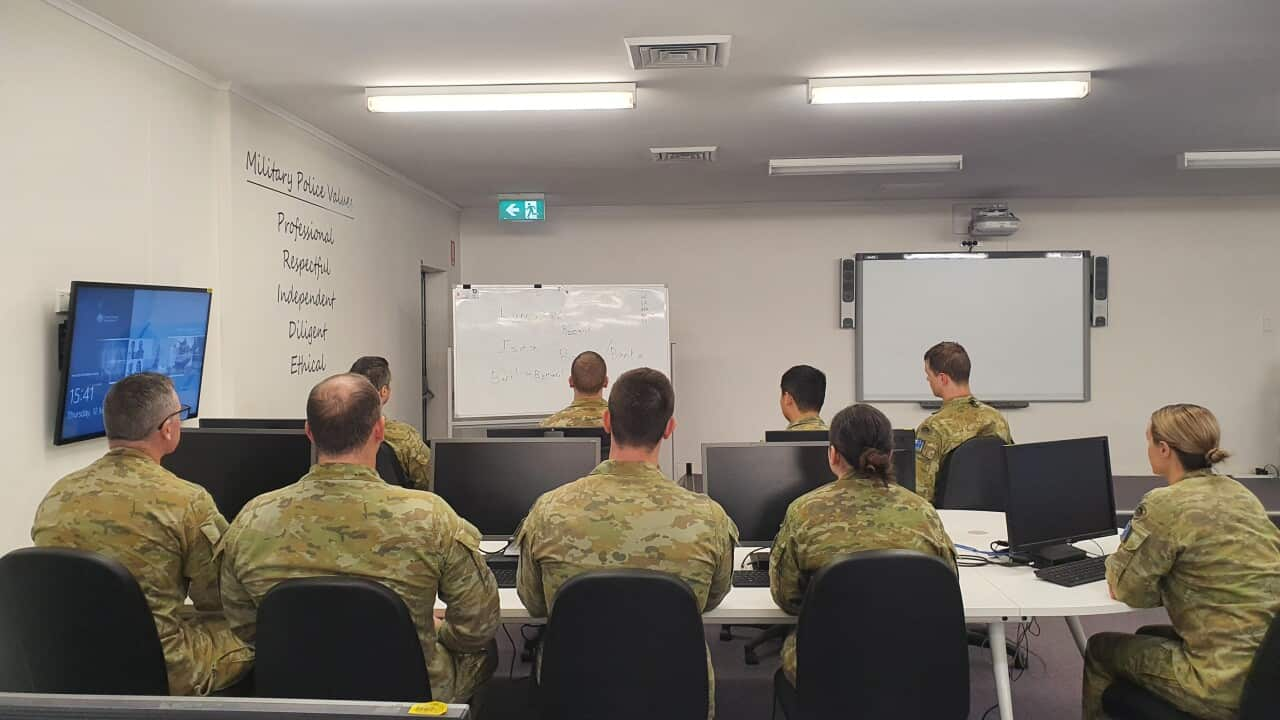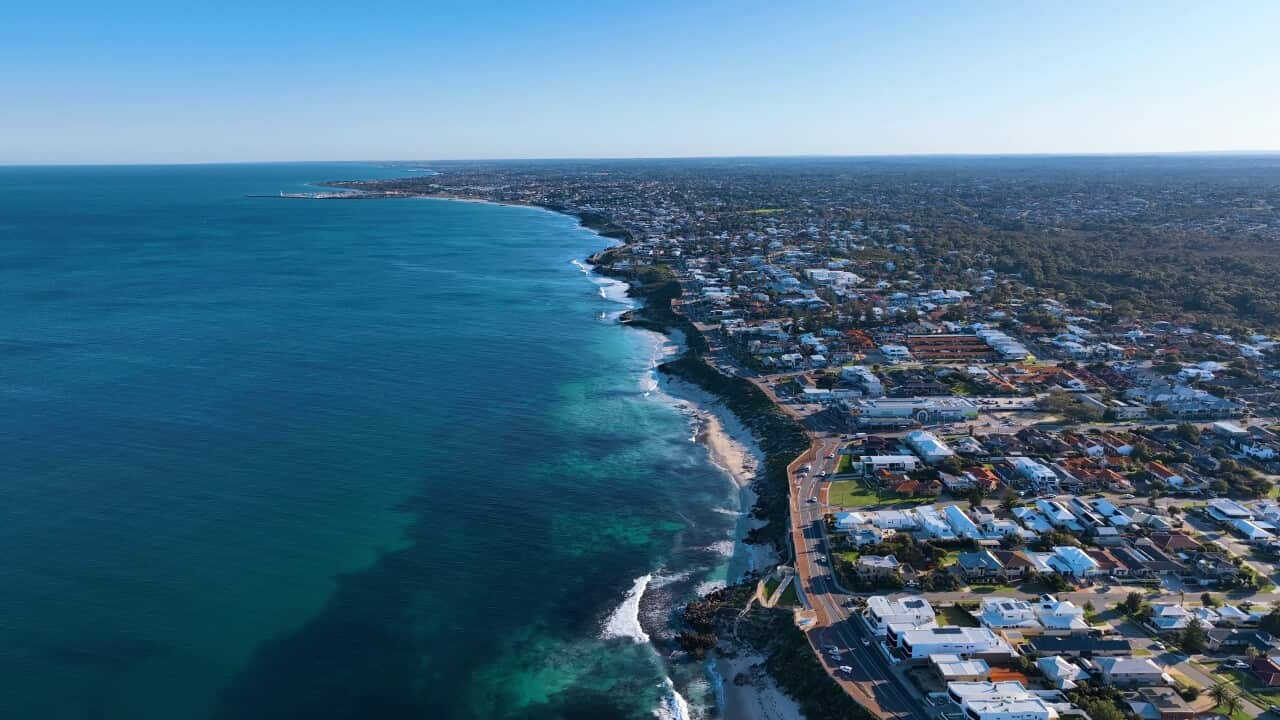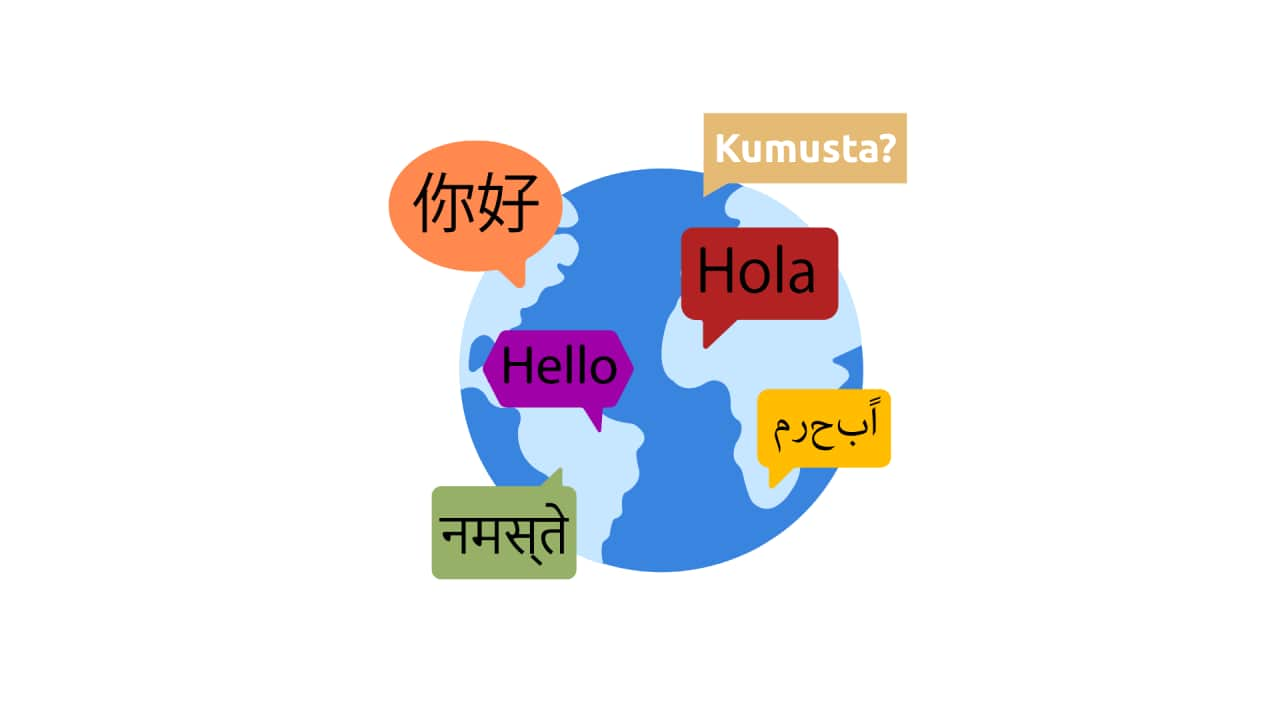Highlights
- They spent three months learning the Filipino Language
- The course ended with exams, assessments
- Learning the Filipino language will help them when they undergo training exercises with Filipino soldiers
Listen to the audio
One student enjoys an advantage over the rest. She is of Filipino descent with both parents fluently speaking the language, but as Abby explains “I always replied in English and never had the chance to fully converse in Filipino.”
Working in the Philippines
Nicholas hopes to travel and work in the Philippines sometime soon, “hopefully I can work there this year and engage and converse with Filipino soldiers”.
Abby hopes to continue her studies in learning the Filipino language and work as an interpreter.
Writing, Speaking and Reading
Practice makes perfect, for three months Australian soldiers learned how to speak, listen, write and read in Filipino. For Nicholas and Jarod learning Filipino was no walk in the park, "it was harder to listen especially if our teacher spoke too fast” they said.
For Nicholas however, it was the talasalitaan (vocabulary) and too many verb types that made it even more difficult, “it wasn’t as simple as in the English language” he says.
It was easier of us to practice and be in a firing range than learn Filipino, says the two Aussie soldiers.
Speaking Taglish
While they were allowed to use a mix of Filipino and English words or Taglish, “our teachers preferred us to speak in straight Filipino or Tagalog”, recounts Abby.
“Both our teachers were very strict especially when it came to grammar”, adds Jarod.
My parents found it quite funny when I speak Filipino because of my accent but they are equally delighted that I can now speak the language, shares Filipino-Australian Abby.
Interest in the Philippines
Noah has visited Cebu for a holiday in 2016. “The weather was the best”, he says. This initial travel sparked his interest in learning the language as he hopes to return sometime soon for another holiday.
While Otis’ interest lies in the country’s past. “I am interested in history, Australia and the Philippines shared history interests me the most”.
One of Otis’ motivations in learning the Filipino language is to be able to read Jose Rizal’s Noli Me Tangere and El Filibusterismo in Filipino.
I tried watching Heneral Luna in Netflix but couldn’t’ keep up. I’ll give it another try after the course.
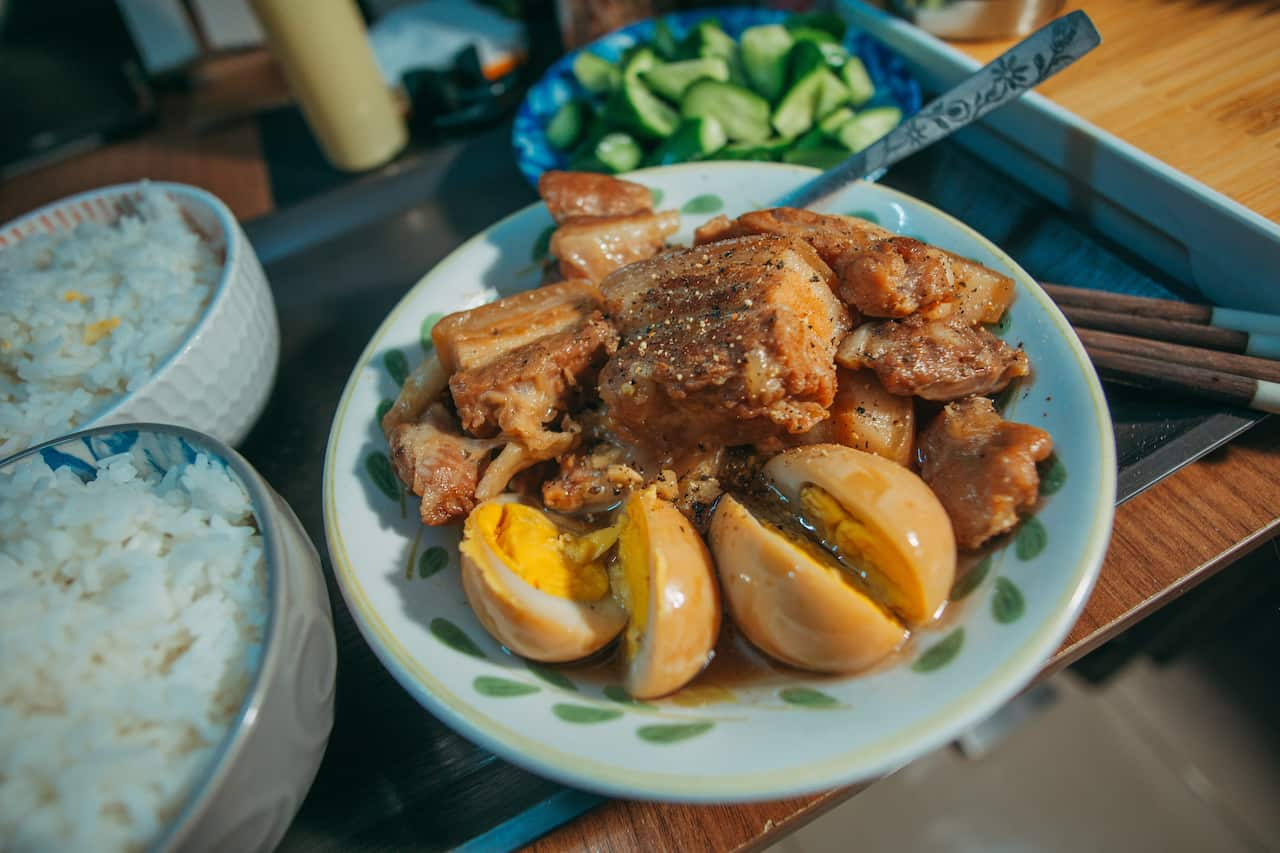
The three-month-long class has ended and exams have been completed. Their final activity for the class was to dine together in a Filipino restaurant and share balut and pancit.
However, Nicholas has his reservations about eating balut, “I don’t think I’ll like it” and has agreed to try sisig instead.
READ MORE
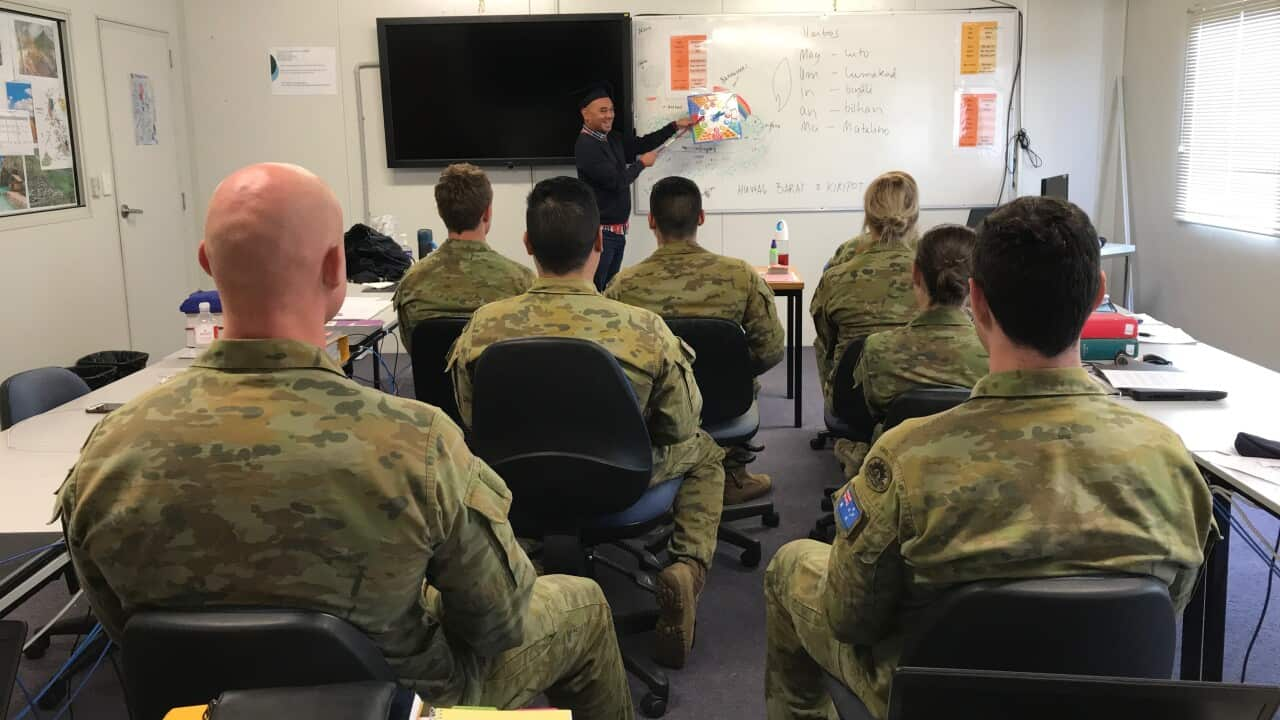
Aussies learning to speak Filipino
Listen to SBS Filipino 10am-11am daily
Like and Follow us on Facebook for more stories
